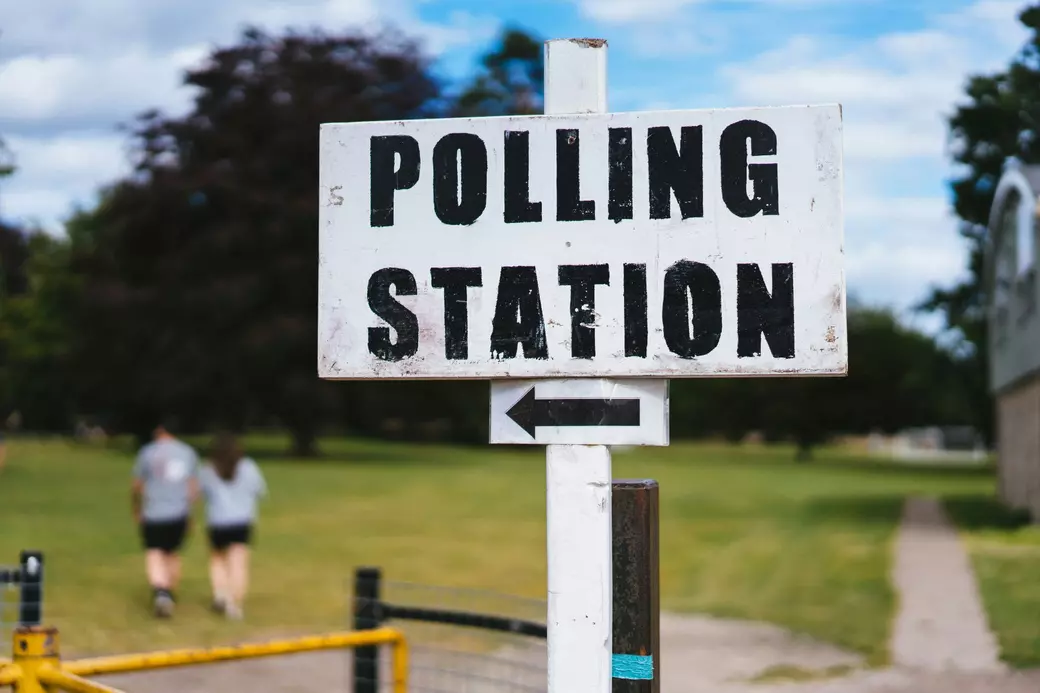How Will the 2024 Election Impact Interest Rates and the Real Estate Market?

How Will the 2024 Election Impact Interest Rates and the Real Estate Market?
With the upcoming 2024 election, one of the biggest questions on many homebuyers' and sellers' minds is, “How will the election affect interest rates and the real estate market?” It’s a valid concern, as elections bring uncertainty. But does that mean you should hold off on purchasing or selling a home? Let’s take a look at the facts and historical data to provide some perspective.
What History Tells Us About Elections and Interest Rates
Historically, the real estate market and interest rates don’t experience significant fluctuations directly tied to election outcomes. Here are some insights based on past election years:
-
Mortgage Interest Rates Are Primarily Driven by Economic Factors
Elections do not have a direct and immediate impact on mortgage rates. Interest rates are influenced more by economic factors like inflation, the Federal Reserve’s policies, and overall economic growth.
For example, during the 2008 election, the real estate market was already impacted by the global financial crisis, causing interest rates to fall sharply. In contrast, during the 2012 and 2016 elections, mortgage rates remained relatively stable and reflected broader market trends rather than the election itself. -
Federal Reserve's Role Remains Independent
The Federal Reserve operates independently of the political climate. The Fed's focus is on controlling inflation and promoting economic stability, so its decisions about interest rates are typically based on economic data rather than election outcomes.
In the 2020 election year, the Federal Reserve lowered interest rates due to the COVID-19 pandemic, not because of political changes.
Real Estate Market Trends During Election Years
The real estate market tends to follow a predictable cycle of demand and supply, which doesn’t change dramatically during election years. Here are key patterns seen over recent elections:
-
2016 Election:
According to data from the National Association of Realtors (NAR), home sales remained relatively steady throughout the 2016 election year. There was a slight dip in market activity in the months leading up to the election, but home sales quickly picked up after November. -
2020 Election:
In 2020, despite the uncertainty of both the election and the pandemic, the real estate market saw record-breaking demand and historically low interest rates. Buyers and sellers continued to transact, and real estate remained a strong investment. -
Housing Supply and Demand:
Regardless of election outcomes, housing inventory and demand typically dictate market activity. If there’s low inventory and high buyer demand, prices rise, which has been the trend over several years. In 2024, inventory shortages are expected to persist, keeping demand strong for homes in many areas, regardless of political developments.
Should You Buy or Sell a Home in 2024?
There’s no reason to put your real estate decisions on hold during an election year. While uncertainty can cause minor market pauses, historical data shows that the overall impact on the real estate market is minimal. If you are financially ready and interest rates are favorable, election cycles shouldn’t be a deciding factor in buying or selling a home.
Final Thoughts
Elections may dominate headlines, but when it comes to your real estate decisions, it’s essential to look at the broader economic picture. Interest rates are driven by a variety of factors, and the housing market’s fundamental drivers—supply, demand, and buyer affordability—remain constant regardless of who wins the election. If you have questions about buying or selling a home in 2024 or early 2025, feel free to reach out, and I’d be happy to help.
Recent Posts











